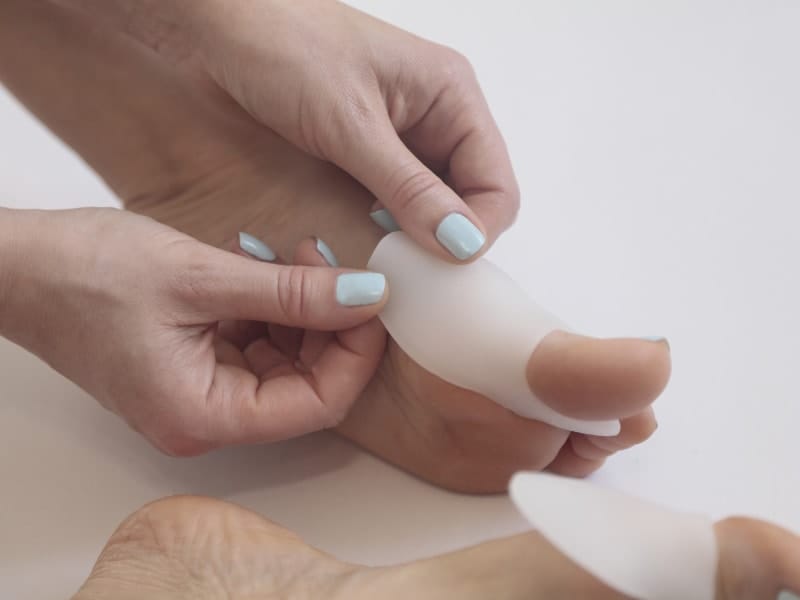
Are bunions hereditary? It’s a common question that people with bunions ask and one that is difficult to answer. Bunions are a very common foot condition that can cause a lot of discomfort and, if left untreated, can lead to long-term problems. Many people want to know if bunions can be passed down from generation to generation and the answer isn’t as straightforward as it may seem. In this blog post, we will discuss what you need to know about whether or not bunions are hereditary.
What Are Bunions?
Bunions are bony bumps that develop on the joint at the base of the big toe. They can be painful and can interfere with the normal functioning of the foot. But are bunions hereditary? The answer is not a simple yes or no. While genetics can play a role in the development of bunions, it is not the only factor. There are many other factors that can contribute to the formation of bunions, including poor footwear choices, injury, and certain medical conditions.
What Causes Bunions?
One of the most commonly asked questions about bunions is whether or not they are hereditary.
In short, the answer is yes. Genetics play a significant role in the development of bunions. However, that doesn’t mean that every person with a family history of bunions will develop the condition. Rather, hereditary factors can increase your likelihood of developing bunions. For instance, if your parents or grandparents had bunions, you are more likely to develop them too.
Other contributing factors to bunion development include wearing tight or narrow shoes, flat feet, or even an injury to the foot. These conditions can cause pressure on the joint at the base of the big toe, leading to inflammation and pain. Over time, this inflammation can cause the bone to shift and deform, creating the bony bump known as a bunion.
In addition to genetic factors and pressure on the joint, bunion development can also be influenced by age. As we get older, our feet become more susceptible to wear and tear, making it easier for bunions to develop. Therefore, it’s essential to take steps to manage the condition as early as possible, especially if you have a family history of bunions.
Are Bunions More Common In Women Than Men?
Yes, bunions are more common in women than men. According to the American Academy of Orthopaedic Surgeons, about 90% of bunions occur in women. There are a few reasons why this might be the case.
Firstly, women tend to wear more constrictive footwear such as high heels, which can force the toes into a tight space and put pressure on the big toe joint. This can cause the joint to shift and the big toe to lean toward the other toes, which is a hallmark of a bunion.
Secondly, hormonal changes that occur during pregnancy and menopause can cause the ligaments in the feet to become more lax, which can also contribute to the development of bunions.
Finally, genetics may play a role. While bunions are not solely hereditary, there may be a genetic predisposition to developing them.
If you are a woman who is prone to bunions, it’s important to take steps to prevent them from getting worse. This might include wearing shoes that have a wider toe box, avoiding high heels or shoes with a narrow toe, and wearing shoes that have good arch support.
If you already have a bunion, there are treatments available to alleviate the pain and slow the progression of the deformity.
What Are The Treatment Options For Bunions?
If you are suffering from bunions, the good news is that there are several treatments available that can help relieve the symptoms. Here are some common treatment options:
Orthotics: Special inserts for shoes that can help redistribute pressure on your feet.
Shoe modifications: Wearing shoes that have a wider toe box, or shoes made from soft and stretchable material.
Padding and taping: Pads and tapes can help protect the affected area from friction and irritation.
Medication: Over-the-counter pain medications like ibuprofen and acetaminophen can help relieve the pain and inflammation associated with bunions.
Surgery: In severe cases, surgery may be necessary to remove the bunion or realign the bone.
Are Bunions Hereditary: The Take Home
It is important to note that bunions do not disappear overnight, and treatment may take time. The key to successful treatment is early intervention. So if you notice a bunion forming, speak to your doctor or a podiatrist right away to prevent it from getting worse.
